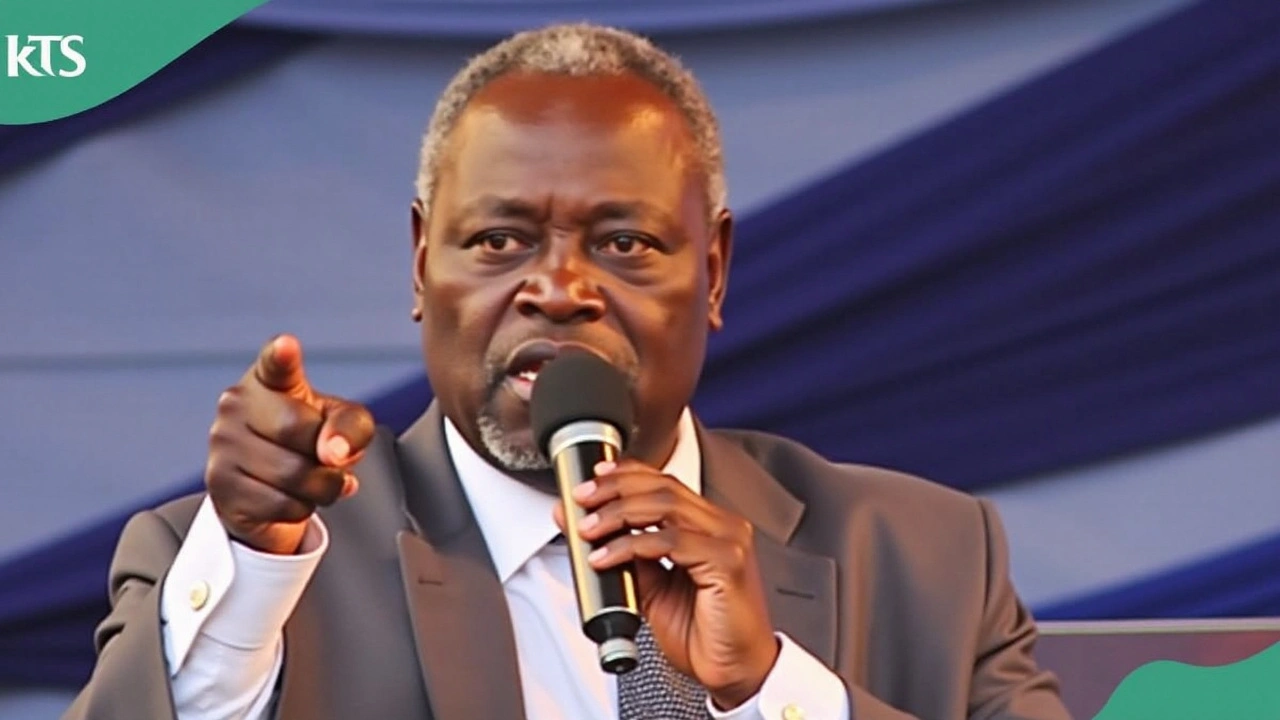Interfaith Dialogue: Why It Matters for Africa
If you’ve ever wondered how people of different faiths can get along, the answer often starts with conversation. In many African countries, religion plays a big role in daily life, and when believers talk openly, they break down fear and build trust. That’s what interfaith dialogue is all about – sharing stories, listening to concerns, and finding common ground.
Across the continent you’ll see churches meeting mosques, traditional leaders sitting with pastors, and youth groups from different backgrounds working together on community projects. Those meetings aren’t just friendly chats; they’re powerful tools for stopping violence, improving health outreach, and even boosting local economies.
Why Interfaith Dialogue Matters
First, it cuts down misunderstandings. When someone hears a story straight from the source, myths disappear fast. Second, it creates networks of people who can act quickly in crises – think of volunteers sharing food during droughts or coordinating medical clinics when a disease outbreak hits. Third, many African governments see these networks as partners for peacebuilding, which means funding and support often flow to groups that can prove they’re working together.
Take Kenya’s recent effort to bring Christian and Muslim leaders together after election tensions. The joint statements they released helped calm crowds and showed the power of a shared message: “Our families, our farms, our futures are more important than politics.” Similar stories pop up in Nigeria, South Africa, and Tanzania, where interfaith groups have mediated land disputes or organized clean‑up drives that benefit everyone.
Practical Ways to Start an Interfaith Conversation
Want to get involved? You don’t need a fancy title – just curiosity and respect. Here are three steps you can try today:
- Find a local event. Many towns host “faith evenings” at community centers or schools. Look for flyers, social media posts, or ask at your nearest place of worship.
- Ask open‑ended questions. Instead of “Why do you believe that?” try “What does faith mean to you in everyday life?” It invites personal stories rather than debates.
- Focus on shared goals. Identify a project – cleaning a park, feeding children, or supporting a health clinic. Working side by side builds trust faster than endless talks about doctrine.
Remember, the goal isn’t to change anyone’s beliefs but to understand them better. When you see someone praying, ask how that practice helps them stay strong. When you hear a different tradition’s holiday, celebrate the spirit of community together.
If you’re part of an organization, consider creating a short guide for your staff on respectful language and basic facts about major African faiths – Christianity, Islam, indigenous religions, and newer movements. A quick 10‑minute workshop can prevent accidental offense and set a tone of openness.
Finally, share what you learn. Write a blog post, record a short video, or simply talk to friends about the positive experiences you’ve had. The more stories we spread, the easier it becomes for others to join the conversation.
Interfaith dialogue isn’t a one‑time event; it’s an ongoing habit of listening and learning. By taking small steps – attending meetings, asking good questions, and working on shared projects – you become part of a larger movement that’s already making Africa safer and more united.
Pastor Kumuyi Speaks on Allowing Muslim Clerics at Church Pulpit to Foster Interfaith Dialogue
Pastor William F. Kumuyi, leader of the Deeper Christian Life Ministry, has clarified why he permitted Muslim clerics to speak from his pulpit at a recent event. This historic decision, made in a neutral stadium setting, aimed to promote interfaith dialogue and cooperation, underscoring a vision of unity between religious communities.
READ MORE
